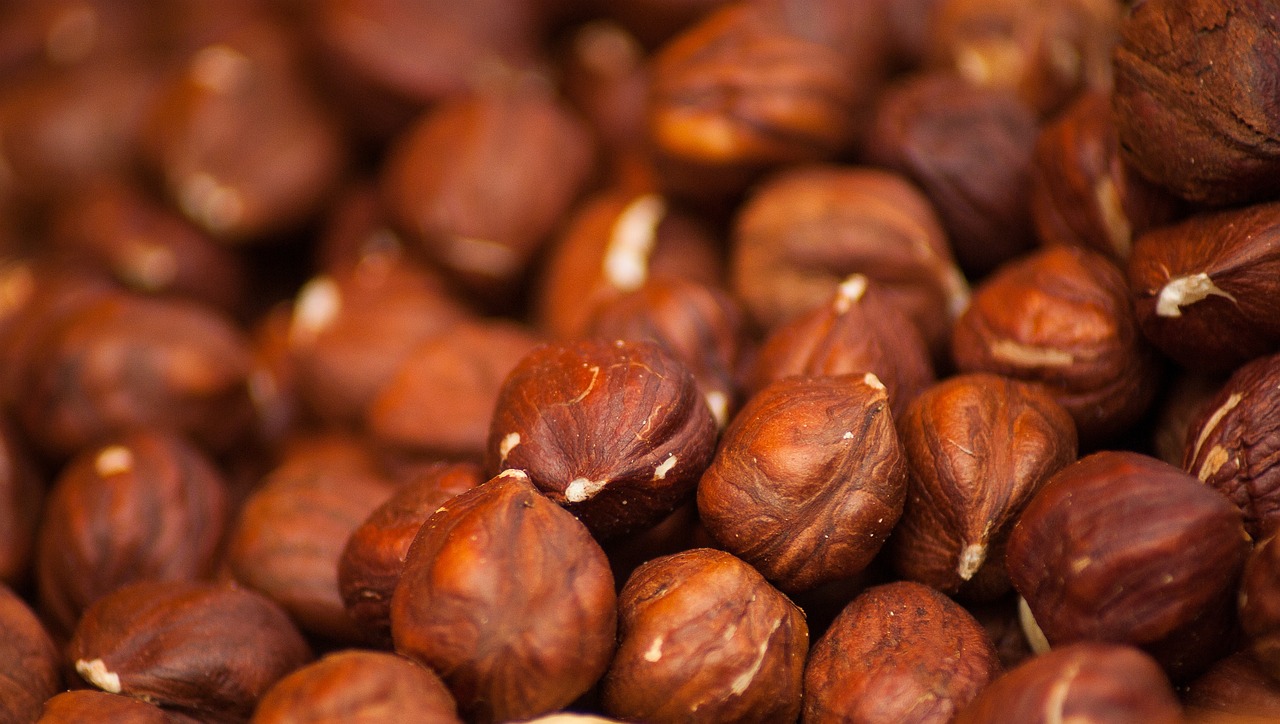The Art of Food Fermentation: Preserving and Enhancing Flavor
Food fermentation has played a crucial role in the culinary world for thousands of years. Ancient civilizations across the globe, from Asia to Europe, discovered the process of fermenting food as a way to preserve ingredients and enhance flavors. The earliest records of food fermentation date back to around 6000 BC in Mesopotamia, where beer was fermented using barley.
As time progressed, other cultures began exploring the benefits of fermenting various foods. In China, fermentation techniques were used to create soy sauce, while in Europe, cheeses like Roquefort and Gorgonzola were developed through fermentation processes. The practice of fermenting foods continued to evolve, with each culture contributing its own unique flavors and dishes to the world of fermented foods.
The Science Behind Fermentation
Fermentation is a natural metabolic process that involves the breakdown of carbohydrates by microorganisms like bacteria and yeast. During this process, these microorganisms transform sugars into acids, gases, or alcohol, resulting in a tangy or sour flavor in fermented foods. Temperature, pH levels, and the presence of oxygen all play crucial roles in determining the outcome of fermentation, influencing the types of microorganisms that thrive in the fermentation process.
The key players in fermentation are the microorganisms themselves, such as Lactobacillus, Saccharomyces, and Acetobacter. These microorganisms produce enzymes that break down sugars found in food, releasing energy in the form of ATP. Additionally, fermentation also helps in preserving foods as the acids produced by these microorganisms create an acidic environment that inhibits the growth of harmful bacteria, thereby extending the shelf life of the fermented products.
Benefits of Fermented Foods
Fermented foods offer a wide array of health benefits due to the presence of probiotics, which are beneficial bacteria that support gut health. By consuming fermented foods like yogurt, kefir, and kimchi, individuals can improve their digestion and boost their immune system. The probiotics in these foods help to balance the gut microbiome, leading to better overall health and well-being.
In addition to promoting gut health, fermented foods are also rich in vitamins, minerals, and antioxidants. This nutrient-dense profile makes fermented foods a great addition to a balanced diet, providing essential nutrients that support various bodily functions. With regular consumption of fermented foods, individuals can potentially experience improved digestion, increased energy levels, and enhanced nutrient absorption.
What is food fermentation?
Food fermentation is a process in which microorganisms such as bacteria, yeast, or molds break down carbohydrates in food to produce beneficial compounds like lactic acid, alcohol, or acetic acid.
How long have humans been fermenting foods?
Food fermentation has been practiced for thousands of years, dating back to ancient civilizations such as the Egyptians, Greeks, and Romans.
What are some common fermented foods?
Some common fermented foods include yogurt, kimchi, sauerkraut, kombucha, kefir, tempeh, and miso.
What are the health benefits of consuming fermented foods?
Consuming fermented foods can help improve digestion, boost the immune system, increase nutrient absorption, and promote overall gut health.
Are all fermented foods good for you?
Not all fermented foods are created equal. Some may contain added sugars, preservatives, or unhealthy additives, so it’s important to choose fermented foods that are minimally processed and contain live cultures.
Can fermented foods help with digestive issues?
Yes, fermented foods contain probiotics which are beneficial bacteria that can help improve gut health and alleviate digestive issues such as bloating, gas, and constipation.
How can I incorporate more fermented foods into my diet?
You can incorporate more fermented foods into your diet by adding a serving of yogurt or kefir to your breakfast, having a side of sauerkraut or kimchi with your meals, or enjoying a glass of kombucha as a healthy beverage choice.







